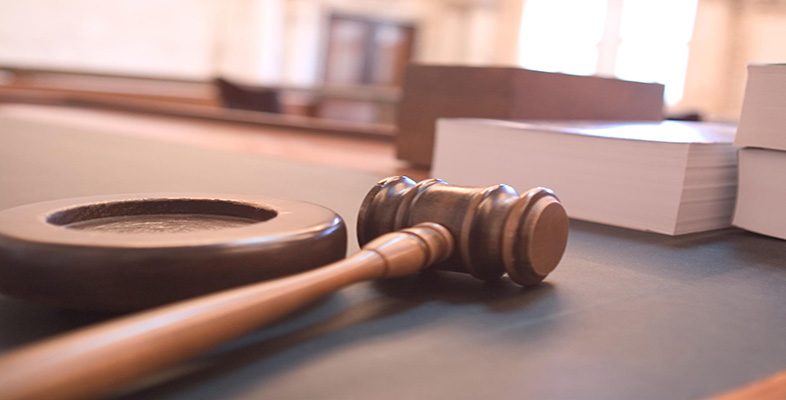5.6 Against whom are rights claims made?
The third set of problems relates to whom the rights claims are made against, and what kinds of claims can be made. In the case of individual human rights, a rights claim is usually addressed to or claimed against the legal order of the state. However, it is often one of the problems at the international level that either the state claimed against does not recognise the claim, or that the body claimed against is not a state (that is, a political entity that is in some sense morally accountable) but, say, a corporation. An example is the fight of Nigerians against the Shell oil company. The international sphere of politics in its own right is made up not just of states but also of other powerful organisations and institutions, including regional political and economic organisations such as the EU and North American Free Trade Agreement (NAFTA), and transnational economic organisations such as the International Monetary Fund (IMF) and the World Bank. Non-state actors also include multinational corporations, paramilitary forces and radical religious groups. It is often difficult to bring non-state actors who are responsible for human rights violations to account.
Another group of actors on the world stage is international NGOs such as Amnesty International, and aid-giving and development charities such as Oxfam. The diversity of international actors makes the picture of the international sphere more complex. International NGOs are playing a greater and greater role in international politics. For instance, at the 1993 UN World Conference on Human Rights in Vienna, over 500 NGOs were represented, almost equalling the number of state representatives, and at the 1995 UN World Conference on Women's Rights in Beijing, most of the 35 000 participants were from NGOs. Some commentators see these developments as demonstrating the increasing influence of ordinary people, generating a ‘people's politics’ which is campaigning to hold governments to account. Yet at the same time international NGOs are largely unregulated and unaccountable to a wider public.
Due to the fact that the link between rights claims and responsibility is more opaque at the international level than at the national level, human rights are more difficult to claim than might be envisaged from a simple focus on the individual and the state. The language of rights is often not effective in promoting egalitarian remedies for ill-treated and discriminated groups, and can raise expectations among the disadvantaged that it cannot meet. It comes as a shock to hear that, 50 years after the UN Declaration, it has been estimated that there are 27 million slaves in the world. Slavery is defined as the complete control of a person through violence or the threat of violence in order to exploit them economically. Slavery has changed its face since its traditional forms and now predominantly involves, for instance, the sale of 14-year-old girls into brothels in Thailand, and the sale of girls from Mali to work for families in Paris. The tripling of the world's population since 1945 and the prices of slaves being at an all-time low help to account for the current high number of slaves. Slavery is just one category of human rights violation that carries on and even increases, despite ‘rights’ talk.
The UK DFID document, Realising Human Rights for Poor People (2000), accepts that there is a ‘large gap between the aspirations contained in the principles of the Universal Declaration of Human Rights and the experiences of people living in poverty’. The report notes that there are ‘problems with relying solely upon legal measures for the protection of human rights’, since ‘poor people are rarely able to use formal legal systems to pursue their claims’ (DFID, 2000, p. 16). For example, the on-going murder of street children in cities across Latin America leads to the question of whether the interests of those street children are best advanced through international action based on human rights.
Another aspect of this issue concerns which rights states say they can and cannot respond to. There is a question about whether legal, civil and political rights, economic and social rights, and group rights are all compatible with each other. Commentators sometimes refer to the history of the development of the rights culture over the second half of the twentieth century in terms of: ‘first generation rights’, which focused on individual broadly political rights; ‘second generation rights’, which targeted individual economic, social and cultural rights; and ‘third generation rights’, which were concerned with group rights. Indeed, Brown raises the question of whether second and third generation ‘rights’ are ‘rights at all?’ (Brown, 2001, p. 601), although it is clear from Table 1 that even the original UN Declaration went far beyond ‘first generation’ rights. Nevertheless, social and economic rights might be impossible to meet for a cash-strapped state. Furthermore, governments have been known to argue that the development of social and economic rights through the promotion of economic growth must take priority over and preclude the possibility of the early granting of political rights.
